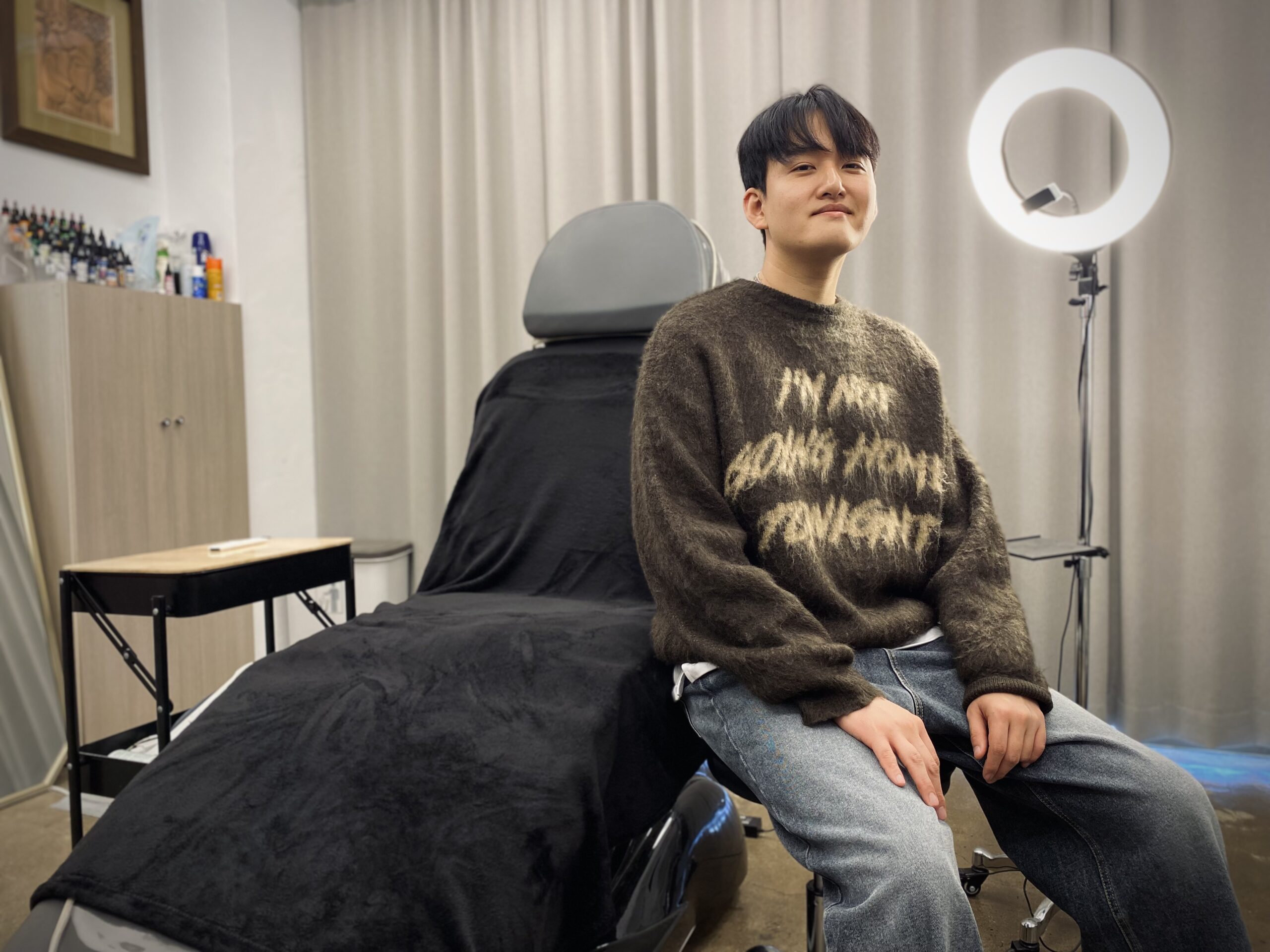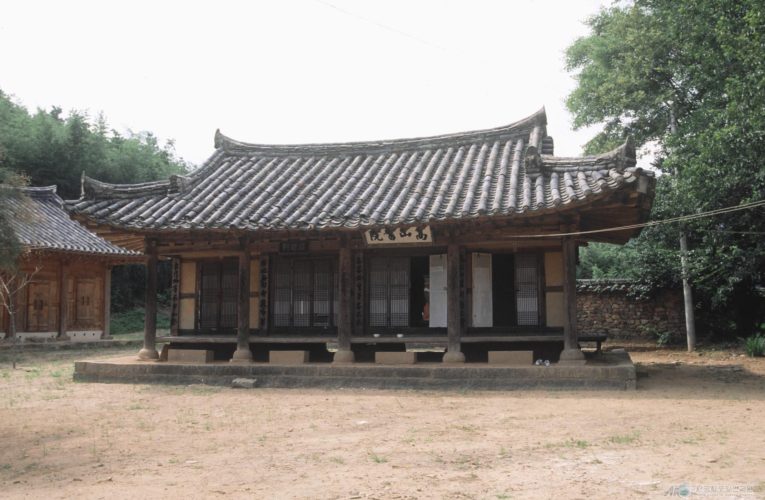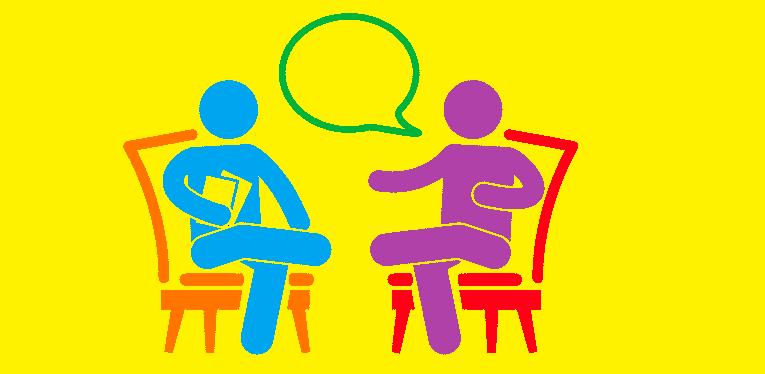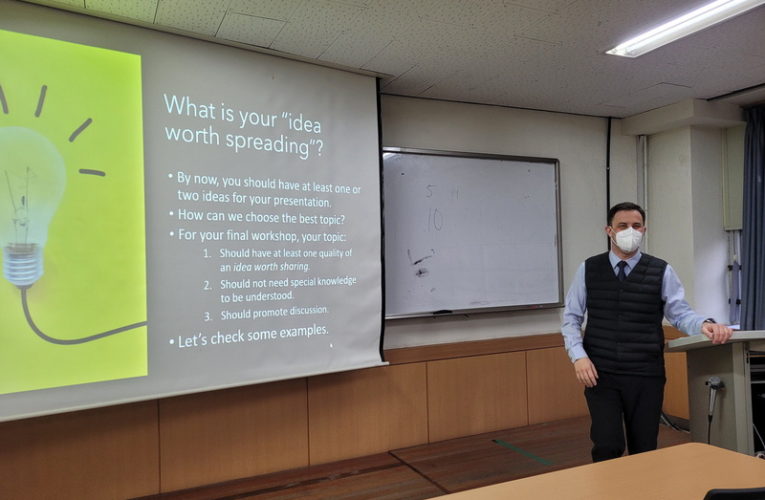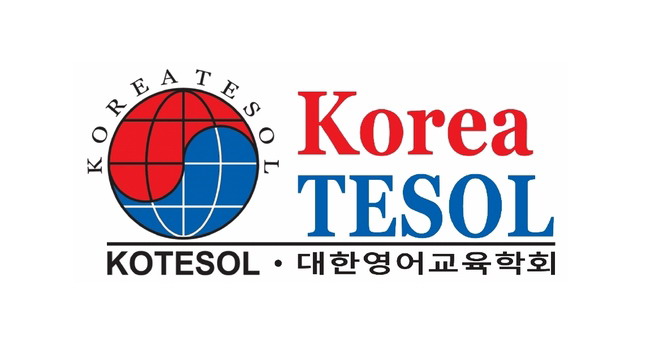Jeolla and the Nosa School: Combatting Western Influence
We often think of Korea’s neo-Confucianism of Joseon Dynasty times as a singular concept, but in actuality, it was more of an umbrella term for the differing schools of thought that existed simultaneously as well as those that developed sequentially during Joseon times. One of these schools of neo-Confucian thought was that of the Nosa School, developed in the Jeolla area by Ki Jeong-jin.

